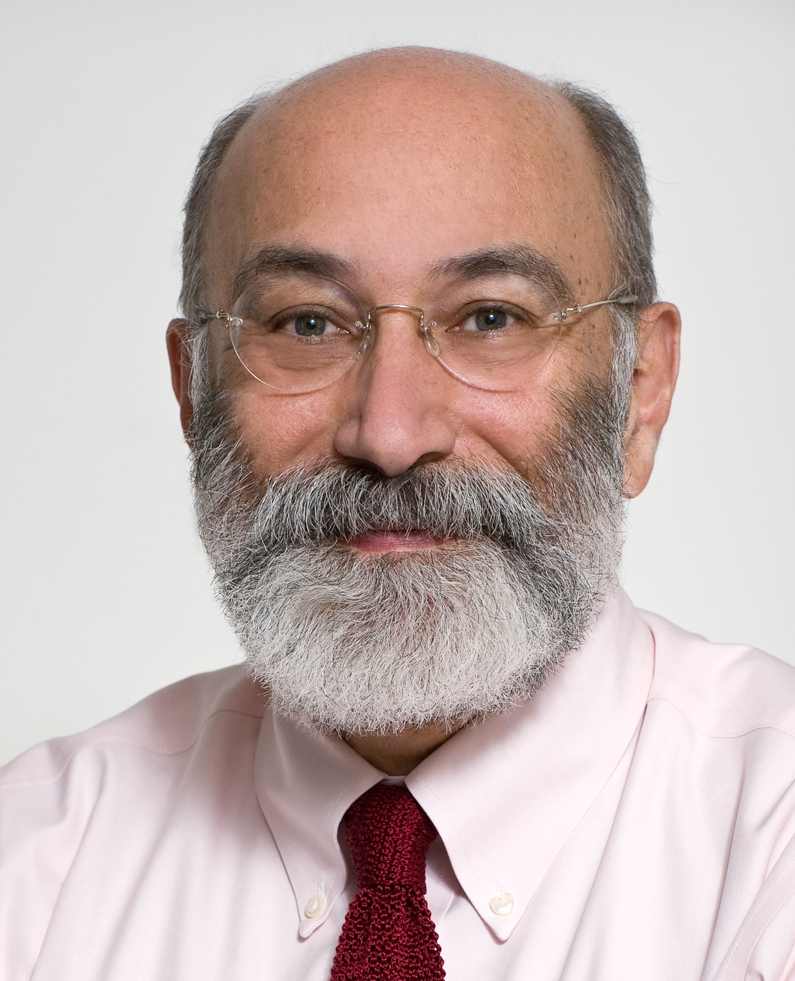New approaches to blood donor screening and hemolytic disease on the agenda

The 42nd Annual Immunohematology and Blood Transfusion Symposium was co-hosted virtually in September by the National Institutes of Health Clinical Center's Department of Transfusion Medicine and The American Red Cross.
The successful symposium was designed to provide practical information about recent developments, current practices, controversies and laboratory management issues relevant to transfusion medicine. 300 attendees heard from 19 presenters and learned about diversity, equity and inclusion efforts, treatment of sickle cell disease, hemolytic disease of the newborn and new approaches to blood donor assessments through the ADVANCE study, among other topics. Four very interesting clinical vignettes were presented by transfusion medicine fellows, Drs. Alswied, Baez-Sosa, Daniel and Song.
During the symposium, the annual Richard J. Davey, MD Lectureship was awarded to Dr. Steven L. Spitalnik, co-director of the Laboratory of Transfusion Biology in the Department of Pathology & Cell Biology at Columbia University in NYC. Spitalnik was recognized for his many contributions including the on-going WIRhE project. The project's goal is to eradicate Rh disease, a genetic condition that occurs when a mother's blood type is different than her child's.
Rh factor is a protein on red blood cells that is part of one's blood type. When an Rh-negative mother is exposed to blood that is Rh-positive, most often through pregnancy with an Rh-positive child, her immune system can mistake the child's blood as a pathogen, which can lead to the child's blood cells being destroyed and adding risk to the mother and child.
"Each year, this symposium brings…clear and impactful presentations on diverse topics from leaders and future leaders in transfusion medicine," said Dr. Cathy Conry-Cantilena, a senior research physician with the Department of Transfusion Medicine, program director for Blood Banking/Transfusion Medicine Fellowship and Symposium Planning Committee member.
"The one-day series of educational lectures demonstrate how the discipline of transfusion medicine is of significant importance for patient care in so many subspecialties," she added.
View more information on the symposium and a list of presenters.
- Karen Byrne, Education Coordinator, Department of Transfusion Medicine

